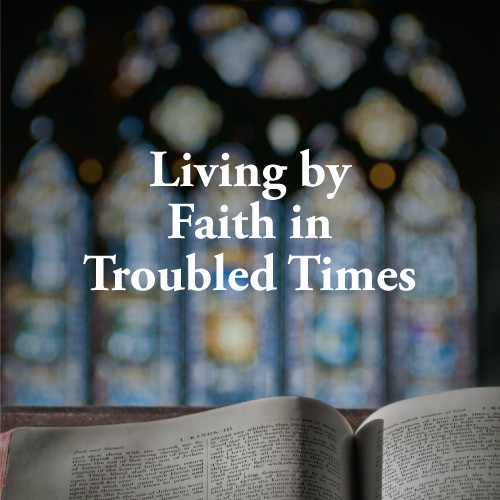
Rich in Faith (8th)
Tim Keller | January 14, 1990
Outline
James 2:1–17
This passage tells us about the importance of treating everyone equally and not showing favoritism. It reminds us that God chose the poor to be rich in faith and warns against treating them badly. It ends with the idea that faith is useless without action, and real faith shows itself through extreme generosity, grace, and practicality.
1. Extremely generous
Being merciful by doing kind actions, particularly by helping to relieve physical suffering and offering financial aid, is a key part of faith. Real faith is shown by extreme generosity and meeting people’s needs, like in the stories of the servant who was forgiven and the good Samaritan. While mercy doesn’t earn us salvation, it shows that our faith is real and is our response to Jesus’ grace.
2. Extremely gracious
Christian groups have often started among the poor, who have a unique insight into how society works. Understanding that we are spiritually poor and depend on God’s mercy rather than our own skills is key to entering heaven. This spiritual poverty leads to a rich faith and graciousness towards others, as we realize that God’s love for us depends not on how good we are, but on His mercy. This understanding helps us to love others in the same way.
3. Extremely practical
Christian love is more than just feeling generous or loving, it requires action. It’s not about always feeling loving, but about sacrificing ourselves, as Jesus did on the cross. By recognizing our need for God’s grace, we can show our faith and love by looking for chances to help others.




